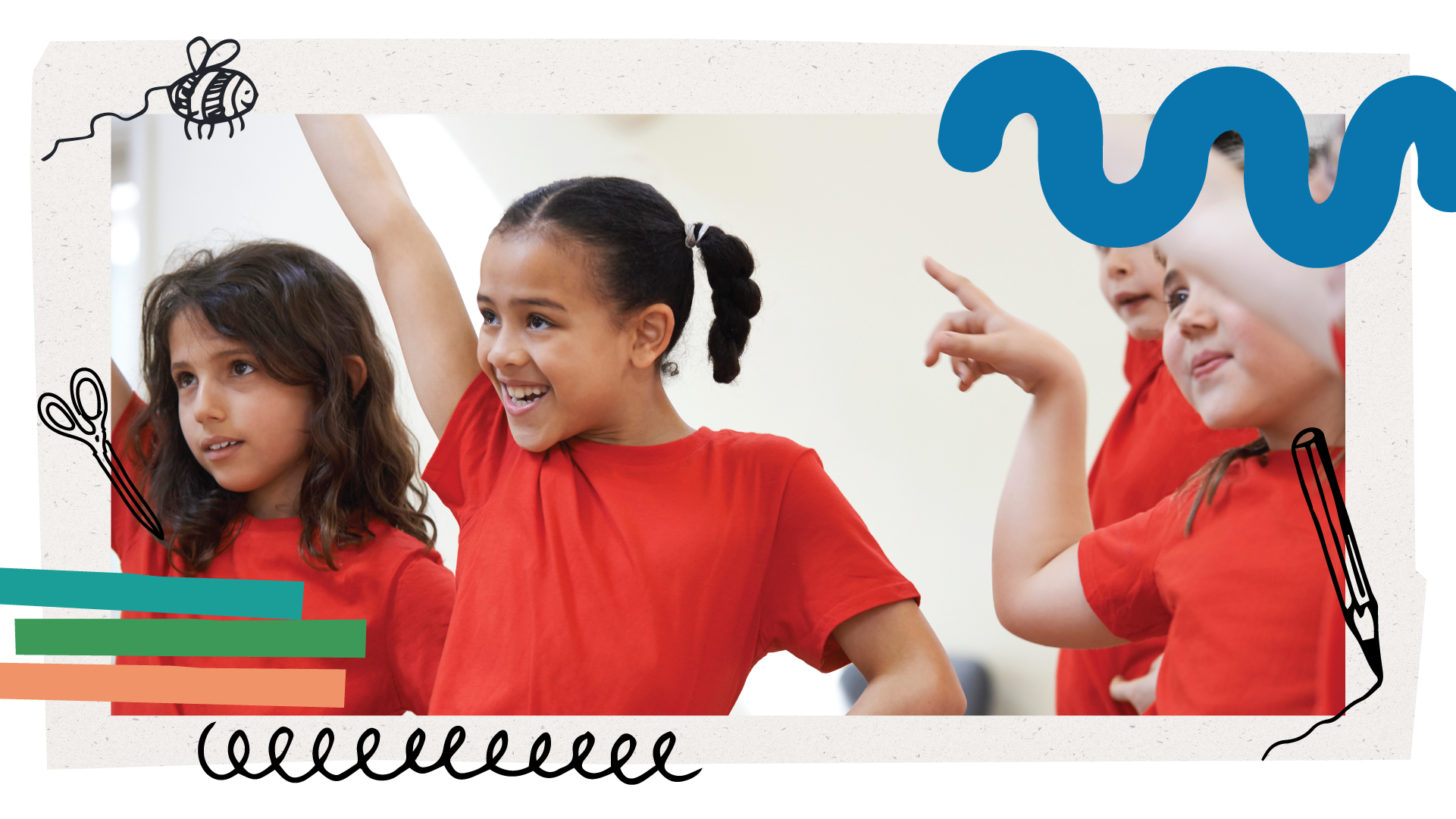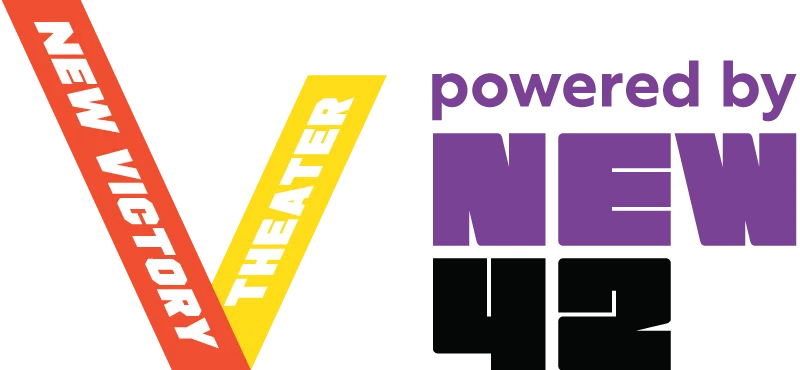Back to Resource Library Download PDF
Download PDF
Doin’ the Newton Dance
 Download PDF
Download PDFEducators can use this activity to explore the connection between science and art.
Materials Needed: One small object per student
- To begin, offer students the following context: “The famous scientist Sir Isaac Newton authored a set of laws centered on the relation between an object and motion. In fact, Newton’s first law of motion says ‘objects at rest stay at rest unless a force acts on them.’
- Next, tell them they’re going to explore a blend of science and art—specifically dance. To start the exploration, ask students to find a small object, such as a ball or toy, and then find a partner.
- Then, ask students to hold their object in their hand and do the following:
- Toss it gently in the air, catching it when it comes down. Ask them: What happens when you toss it gently upward? How does the object move? and invite them to share their responses with their partners.
- Give their object a spin on a solid surface. Do this a few times at different speeds.
Ask them: In what different ways did the object move at varying speeds?
How did it act when coming to a stop? How would you describe its movement?
and invite them to have a discussion in pairs about the different ways their objects move.
- Next, invite students to create a short sequence of four movements inspired by the motion of their objects. Then, invite them to share their moves with their partner.
- Ask students to combine their moves and their partner’s moves to create a dance. Ask them to consider this question: How do your dance moves reflect Newton’s law?
- Finally, invite volunteers to step into the spotlight by sharing their dance moves with the class and celebrate the fusion of science and dance!
Reflection Questions:
- How did your object’s movements reflect Newton’s laws?
- What surprised you during the dance exploration?
- How can you apply the science of motion to improve your dance moves in the future?
